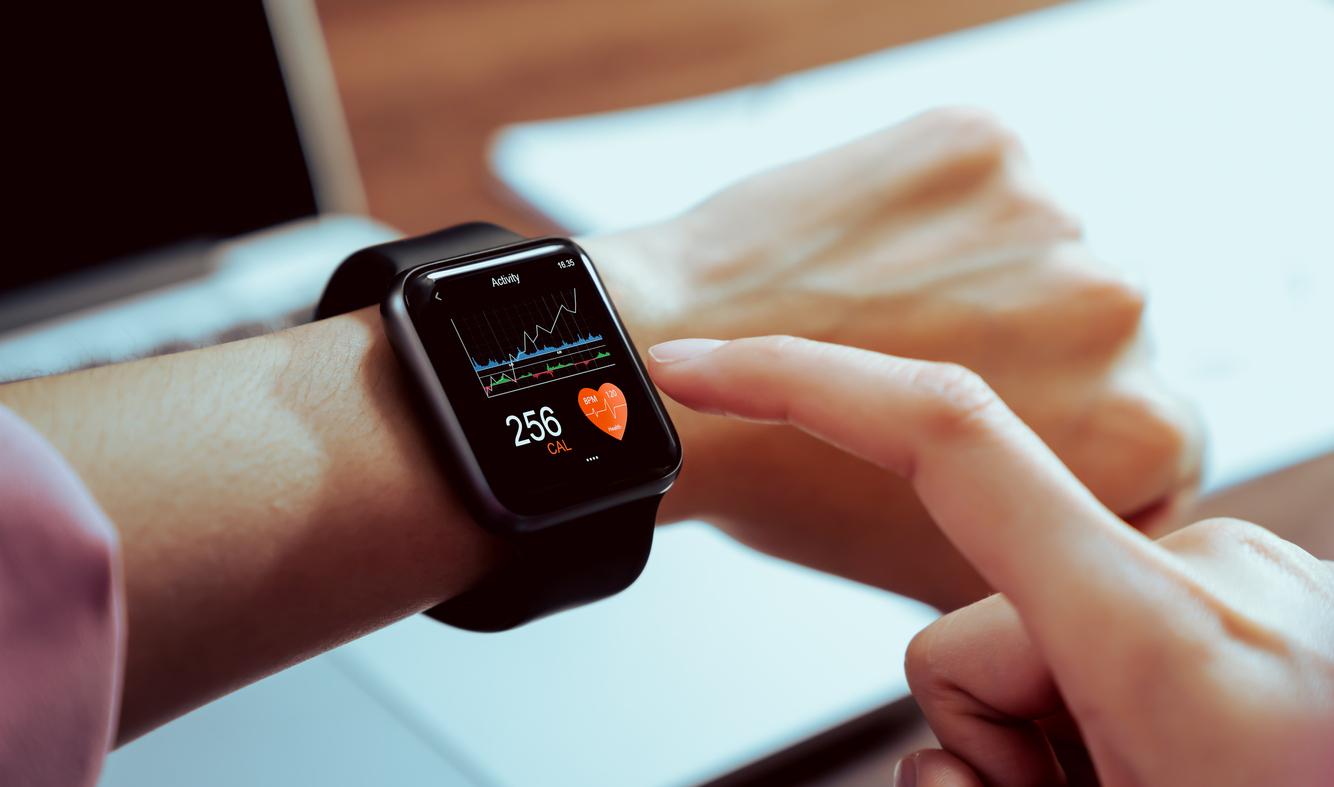Health information from smartwatch wearers shows COVID-19 vaccination may lessen the severity of breakthrough infections. The study is published in PNAS Nexus.
The study was conducted through the Corona-Datenspende-App, which was launched in Germany in April 2020 and by April of 2022 was being used by 190,000 people, 120,000 of whom were submitting daily data on resting heart rate, physical activity, and sleep duration. In addition to the automated metrics from the smartwatch, participants also completed voluntary surveys on COVID-19 test results and vaccination status.
For the present study, data were compared among 8,134 individuals, of which 2,272 experienced a breakthrough infection, 319 were infected prior to receiving their first vaccine dose, and 5,543 reported negative test results and acted as the controls.
When participants reported a COVID-19 infection, regardless of vaccination status, there was an increase in elevated heart rate, reduced activity, and increased sleep. However, the average resting heart rate (RHR) of unvaccinated users with SARS-CoV-2 infection increased by approximately 1.7 beats per minute (bpm) in the week of a positive PCR test and only returned to baseline levels after 11 weeks. Vaccinated users however saw a return to baseline heart rate by 4 weeks.
"Except for the 2 weeks following a PCR test, the average RHR-change for vaccinated individuals was approximately two to three times lower than for those that were unvaccinated, potentially indicating a milder course of the disease on average," the authors said
Sleep time increased by 37 minutes for unvaccinated people following a positive PCR test, but only 15 minutes per day for vaccinated
"Average vital changes for vaccinated persons were less pronounced, albeit at times still significantly different from the COVID-19 negative control group. In addition, extreme values were more likely observed for unvaccinated individuals in the acute phase of the disease when compared to the vaccinated/negative cohort, indicating the consistency with common clinical outcomes for estimating vaccine efficacies against severe and symptomatic cases of COVID-19 ," the authors concluded.




















